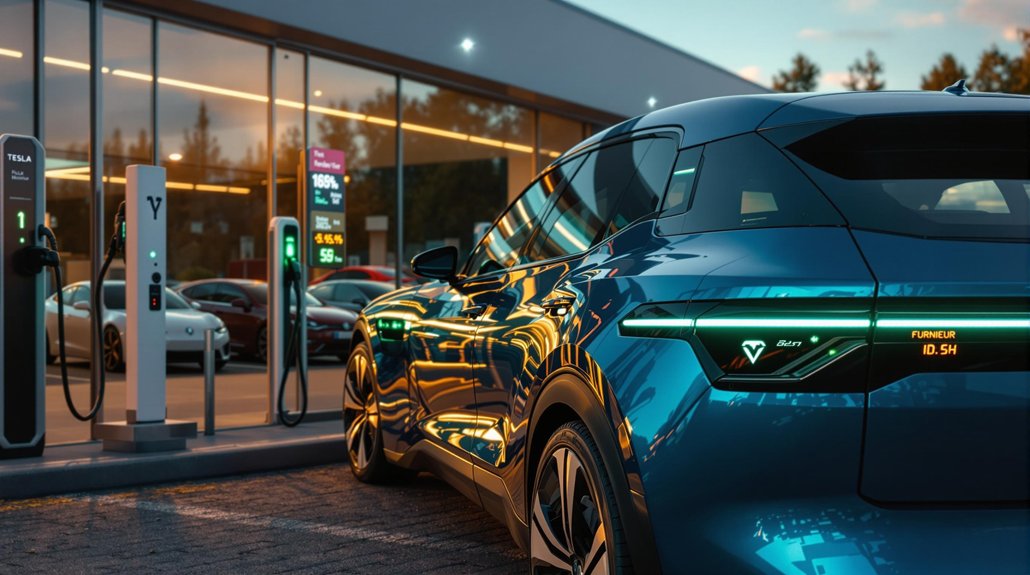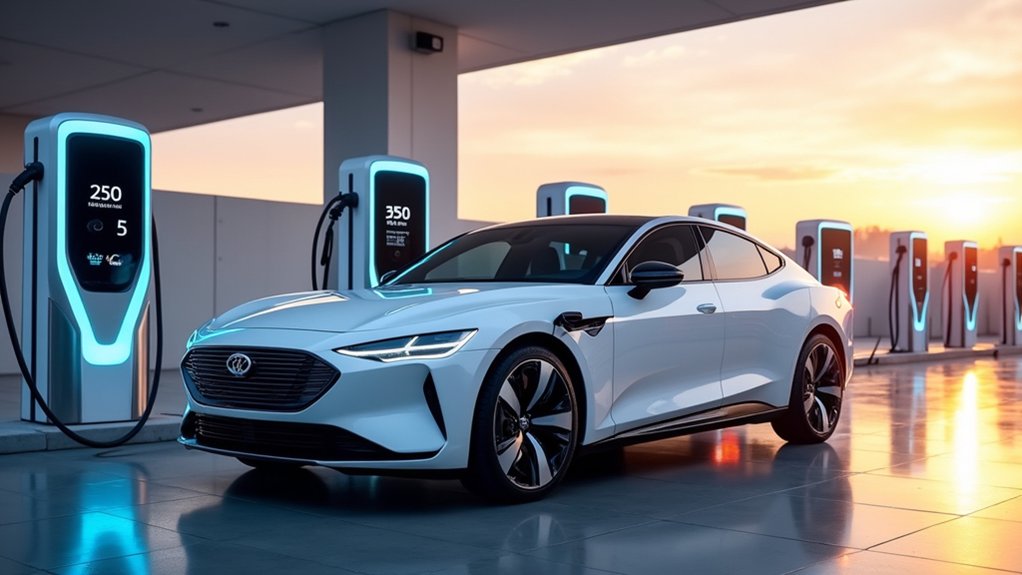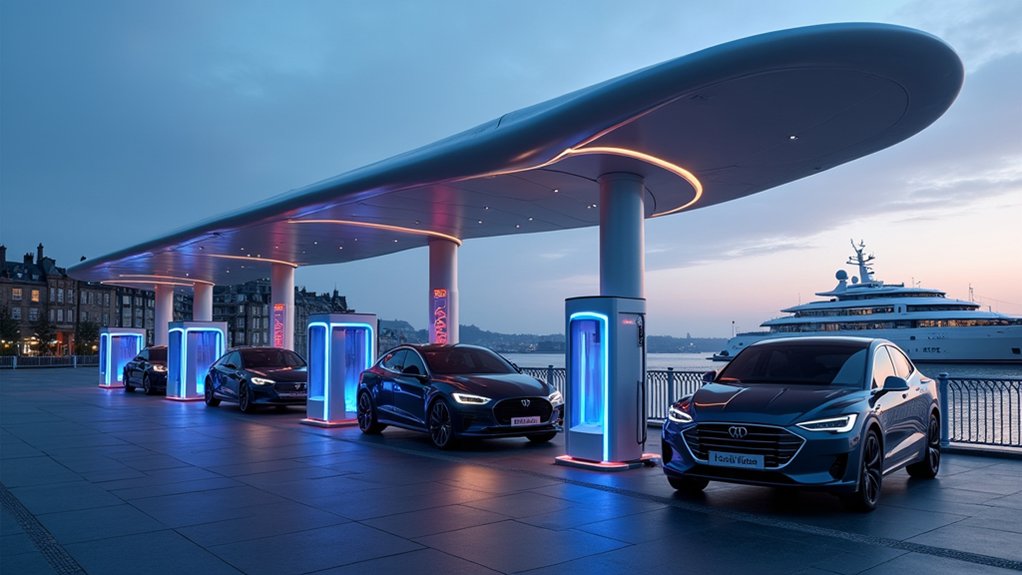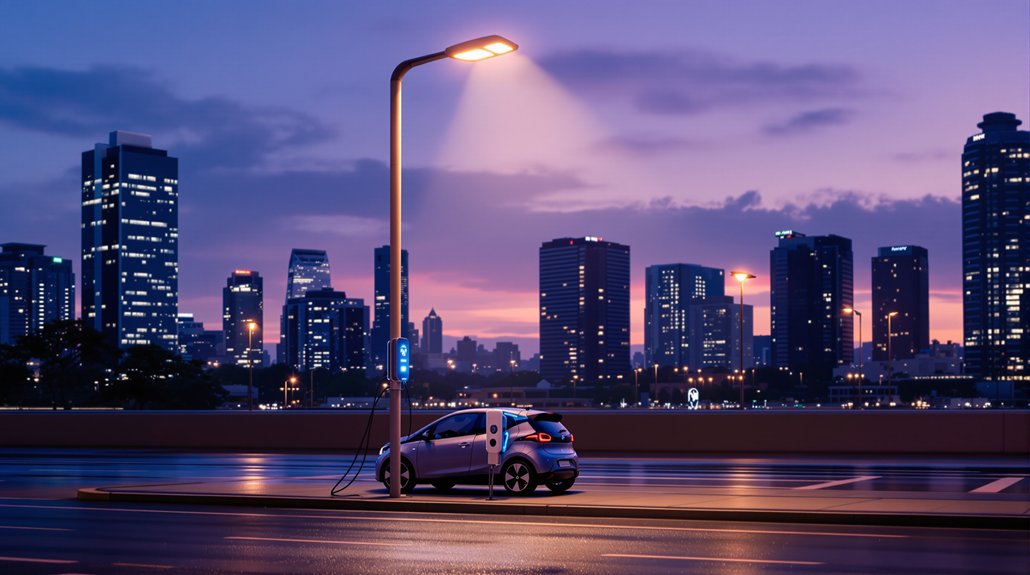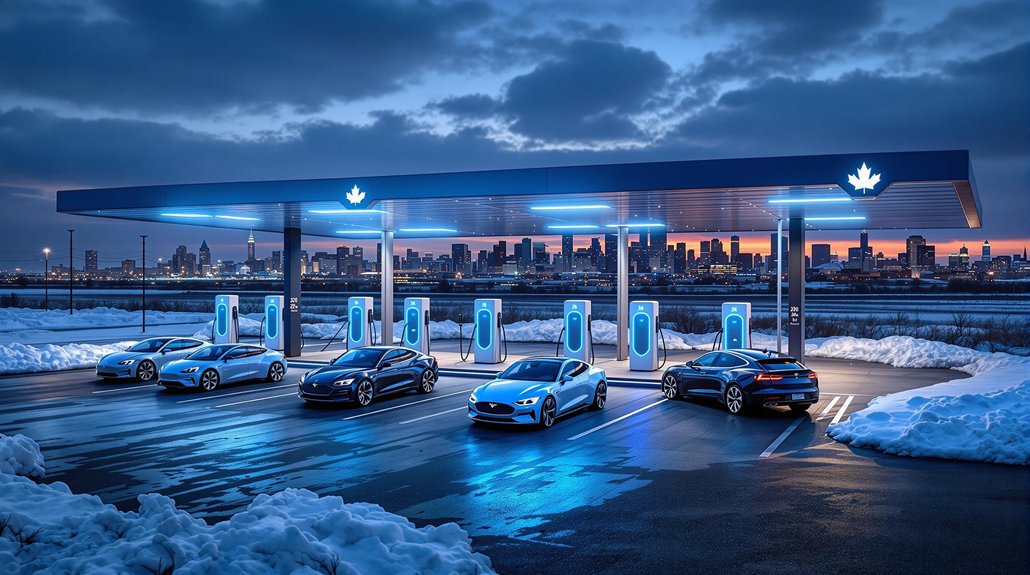Despite remarkable technological advancements in electric vehicle technology, range anxiety continues to cast a long shadow over the EV industry. Modern electric vehicles have achieved impressive gains, with average ranges increasing by over 140% in the past decade—yet psychological barriers remain firmly entrenched. The disconnect between actual capabilities and perceived limitations represents one of the most persistent challenges for manufacturers and policymakers alike.
The numbers tell a compelling story of technological progress. Today’s EVs routinely offer 300+ miles per charge, with premium models approaching the 500-mile threshold. Even budget-friendly options now deliver 200+ miles, more than sufficient for typical daily driving patterns. I’ve observed that most drivers rarely exceed 50 miles per day, making even entry-level EVs practical for everyday use.
Charging infrastructure has seen equally impressive expansion, with 74,611 public charging points now available across the UK. The rapid charger network has grown 35% since January 2024 alone, ensuring drivers remain within 25 miles of a fast charging option on major motorways. Ultra-fast stations can now replenish batteries to 80% in under 20 minutes—hardly longer than a typical rest stop. Research shows that while 80% of charging occurs at home, projections indicate a need for 12.9 million ports and 140,000 DC fast-charging locations by 2030 to meet growing demand.
Yet surveys consistently show 76-77% of potential buyers remain concerned about running out of charge, despite statistical evidence rendering such fears largely unfounded. This illustrates how range anxiety persists as a psychological rather than technological barrier. The fear of “unknown” scenarios—being stranded without a charging option—continues to influence purchasing decisions regardless of actual risk. Modern lithium-ion batteries have demonstrated remarkable durability with minimal degradation rates even after 100,000 miles of driving.
Standardization efforts are gradually improving user experience through unified charging systems, reducing compatibility concerns that once plagued early adopters. Pre-conditioning features and sophisticated navigation tools further optimize the charging experience, though these advances often go unappreciated by the unconverted. The implementation of solid-state batteries promises to further revolutionize EV capabilities with safer operation and considerably extended driving ranges.
For the electric revolution to fully materialize, addressing these psychological barriers may prove as important as the remarkable engineering accomplishments already achieved. The industry faces not just a technological challenge but a perceptual one—convincing drivers that the EV ecosystem has evolved beyond their lingering concerns.

